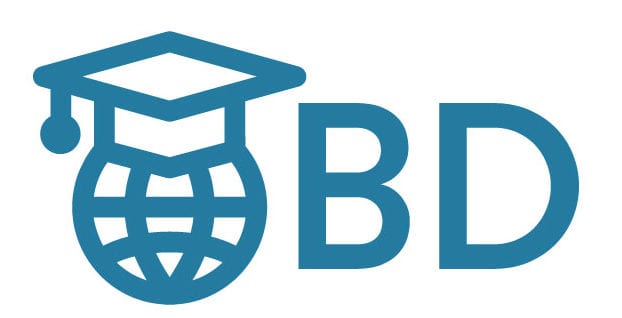The most attractive feature of an online bachelor’s degree program is the flexibility it offers to students who want to pursue higher education to boost their chances at a thriving career.
Instead of scheduling and creating a budget for a commute to and reside in on-site institutions, you can focus on doing well in class at your own pace to successfully earn your degree. You can also choose the accelerated online college degree format that allows for faster completion. But did you know that the bachelor’s degree online cost is yet another reason to opt for this program?
Cost is one of the factors, if not the biggest factor, enticing or preventing students from attending college. A degree is an investment, after all. Regardless of your financial status, managing your expenses as a college student almost seems like a heavy chore.
Online bachelor’s degree programs stand out for this reason. Apart from the savings in the commute that an online bachelor’s degree program offers, it is substantially less in terms of cost. Traditional on-campus college students spend at least $80,000 while online students spend only $30,000.
Let’s break that down, highlighting the expenses that take the bigger share of the pie. The average cost per credit hour, miscellaneous fees included, in traditional universities and colleges can reach up to $700. Each year, college housing eats up a student’s budget, averaging $8,800 in public schools and $10,000 in private universities. Transportation costs could reach $1,000.
Online undergraduate degree programs, on the other hand, cost roughly $450 per credit hour on average. Some of these require students to pay a technology fee of up to $100. Distance learners also pay for books and other supplies, which can cost up to $1,200. Upon graduation, you may also be asked to pay for an official transcript and other documents.
While substantially lower in cost than in the on-site format, an online bachelor’s degree isn’t in any way inferior to the former. Numerous programs are fully accredited by top institutions and recognized by employers, confirming that they have excellent academic standards. Choose an accredited online degree program to fully reap its benefits in the long run.
If you are unable to afford a college degree, apply for federal aid in the form of grants and loans. Check out and qualify for college scholarship opportunities that are usually awarded by private companies and non-profits.
Considering the substantial increase in academic expenses each year, it’s little wonder that students go for the distance learning option. If you can earn a bachelor’s degree for less amount of money and time with high returns, why not?
